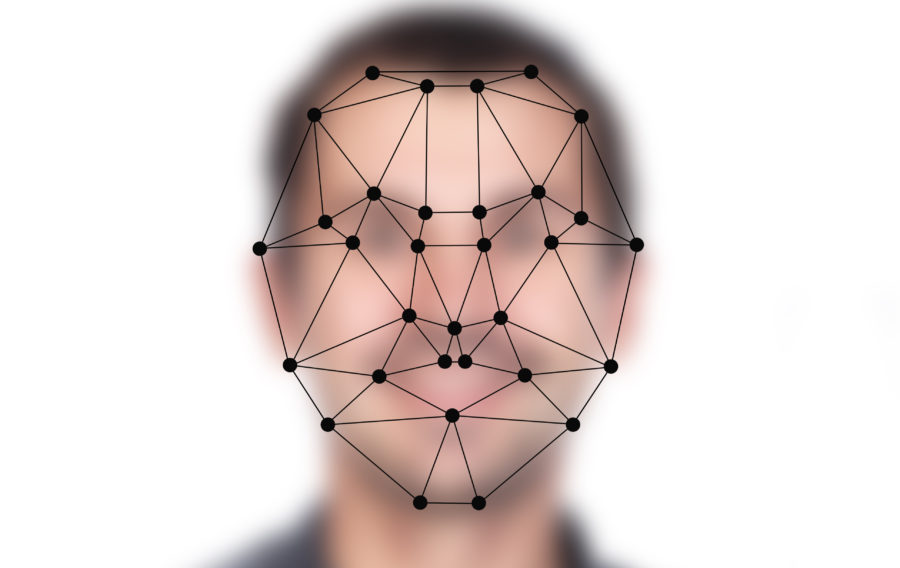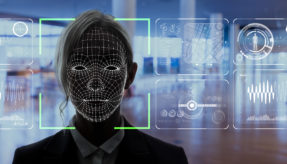
The Justice Secretary David Gauke has revealed biometric technology, which can identify visitors who may be trafficking drugs into prisons, has been successfully trialled.
The technology, which includes iris scanning and facial recognition software, has been tested at three jails and is part of a wider crackdown on drugs entering prisons.
This trial comes against a backdrop of wide-ranging measures to tackle drugs and violence in prisons, including security scanners, drug search teams, digital technology to identify criminal kingpins and a Financial Crime Unit with the power to freeze suspect bank accounts linked to prisoners. All of this has been underpinned by a significant boost in prison officer numbers following a major recruitment campaign.
Intelligence work has identified a trend of prison visitors supplying illicit items to multiple prisoners and jails across the estate. These individuals have been difficult to track, however, as organised criminals may also falsify their identity documentation.
While some prisons have fingerprint recognition, most sites use paper-based verification, using documents like driving licences. In addition to being open to abuse by contraband traffickers, this system is slow and resource intensive.
The state-of-the-art biometric technology allows prison staff to identify visitors using applications based around document validation, iris scanning and facial recognition software.
It has been successfully trialled at HMP Hull, Humber and Lindholme. The Prison Service is now looking at how this, and other similar technology, could be used most effectively across the estate.
Mr Gauke said: “New technology is vital in our fight against the gangs that seek to cause chaos in prisons, and this biometric equipment has the potential to significantly aid our efforts.
“It forms part of this government’s multi-million-pound investment to improve the safety and security of our prisons. Alongside our successful officer recruitment drive, measures like this will help make prisons places of rehabilitation where offenders can turn their lives around. This will cut reoffending and make the public safer.”
If you would like to join our community and read more articles like this then please click here.







